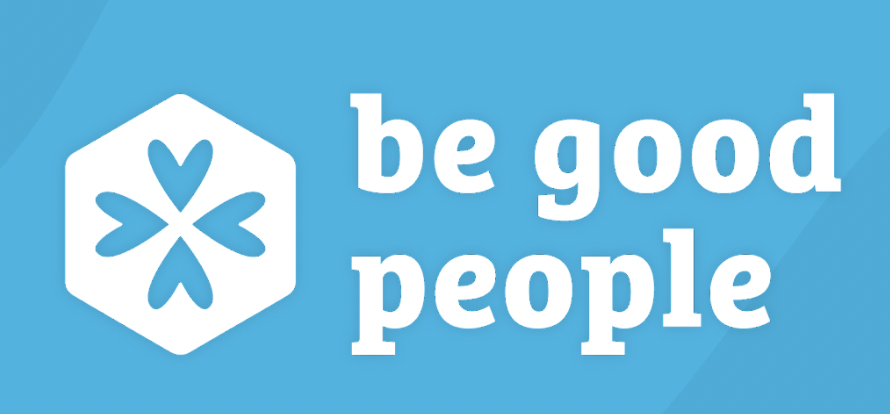What Adults Do Matters
Recognise, Respond, Restore
Check out the graphic and section from the Restraint guideline resource
Be Good People Website
Mood Meter and other great resources for our PB4L lessons
https://sites.google.com/scred.k12.mn.us/scredsel/educators/be-good-people-curriculum
Jamboard link - everyone puts in their score (aka battleships) on the mood meter. Then identify the feeling based on your score
Four at the Door - discuss expectations school wide re these things. Relationship building at the heart.
Name to name, eye to eye, hand to hand, heart to heart
Kent Pekel - 4s Interviews - see Ted Talk about Relationships
Four Interview Questions: Sparks, Strengths, Struggles, Supports
2x10 Relationship Building - 2 mins x 10 consecutive days (how could we intentionally use this by every staff member in the school taking a child who may be struggling or falling under the radar). Provide starter questions to assist.
Connect Days - add in "know the learner" notes into HERO. Learning Maps also.
8.30 - 9.00am - "on time" in teams ready to connect with children via the shared space table.
Character Strengths VIA - revisit and identify common strengths and how these can be used as super powers :)
Spent your time and energy on the areas that you can control/influence.
Remind staff about Perry's neuro-sequential model
engagetraining.co.nz - redgreenbrain video clip (Katherine Berkett)
https://www.engagetraining.co.nz/online-resources
Respond - Strategies Tried
1. Always assume bottom up and then regulate. Bottom up strategies to support those who are in red brain. Create safety (non verbal mirroring ie bouncing ball fast, breathing, moving). and through space and time.
2. Relate
3. Reason
Trauma Informed Practice
What Lies Beneath Behavior? - Echo (echoparenting.org)
Trauma-Informed Support for Children - Echo (echotraining.org)
Reflect -
Think about one child that has received support through our CRT/Tier Two processes
What could lie beneath the behaviour (recognise)
What strategies have you or could you use to meet the need/s (respond and restore)
Check this out for your teams - whānau time, class connection ideas, PB4L lessons
https://www.edtomorrow.com/first-5
Here are links to some of the resources used or mentioned today -
https://www.viacharacter.org/
Diversi-tea Korero cards – https://mentalhealth.org.nz/
Kathryn Berkett red/green brain video - https://www.engagetraining.co.
Welcoming Students With a Smile | Edutopia
Circle of influence activity instructions – https://summitteambuilding.
Kent Pekel’s 4S’s Interview Questions
- Sparks - what do you love doing?
Is there something you like doing so much that you lose track of time while doing it?
Is there a topic you really want to learn more about?
- Strengths - what are some of the best things about you?
What are you good at doing?
Are there any values you try to live by?
What do you think is really important in life?
- Struggles - what do you worry about or fear? What keeps you awake at night?
Are there places you don’t like to go or people you don’t like to be around?
Is there anything you wish you could change about yourself?
- Supports - who or what helps you to be your best self?
Who are the people who matter most to you?
Who can you talk to when you have an issue? Who helps you to feel safe?
Are there people, places & environments you go to that help you do things you want to do or that you are supposed to do?





Comments
Post a Comment